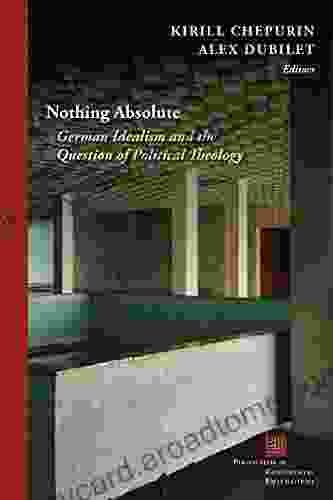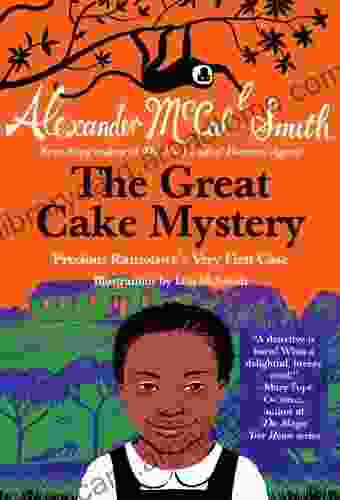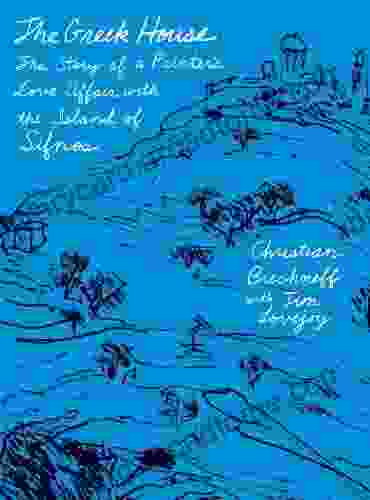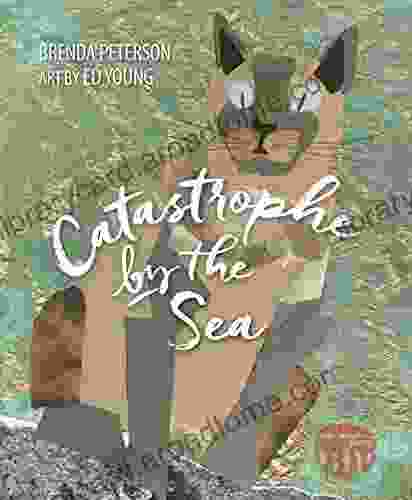German Idealism and the Question of Political Theology: Unraveling the Interplay of Philosophy, Religion, and Politics

German Idealism, a philosophical movement that emerged in the late 18th and early 19th centuries, played a pivotal role in shaping the intellectual and cultural landscape of Europe. Its proponents, including Immanuel Kant, Johann Gottlieb Fichte, Friedrich Wilhelm Joseph Schelling, and Georg Wilhelm Friedrich Hegel, sought to understand the nature of reality, knowledge, and the human condition through a lens of reason and idealism. However, their work also had profound implications for the question of political theology, exploring the complex relationship between philosophy, religion, and the political sphere.
The Theological Roots of German Idealism
German Idealism emerged during a time of profound intellectual and religious ferment. The Enlightenment had challenged traditional religious beliefs, leading to a widespread skepticism and a search for new foundations for knowledge and morality. German Idealist philosophers sought to reconcile reason with faith, arguing that the ultimate reality was not a transcendent God but rather an immanent Spirit that manifested itself in the world through human reason.
5 out of 5
| Language | : | English |
| File size | : | 3908 KB |
| Text-to-Speech | : | Enabled |
| Enhanced typesetting | : | Enabled |
| Word Wise | : | Enabled |
| Print length | : | 278 pages |
| Screen Reader | : | Supported |
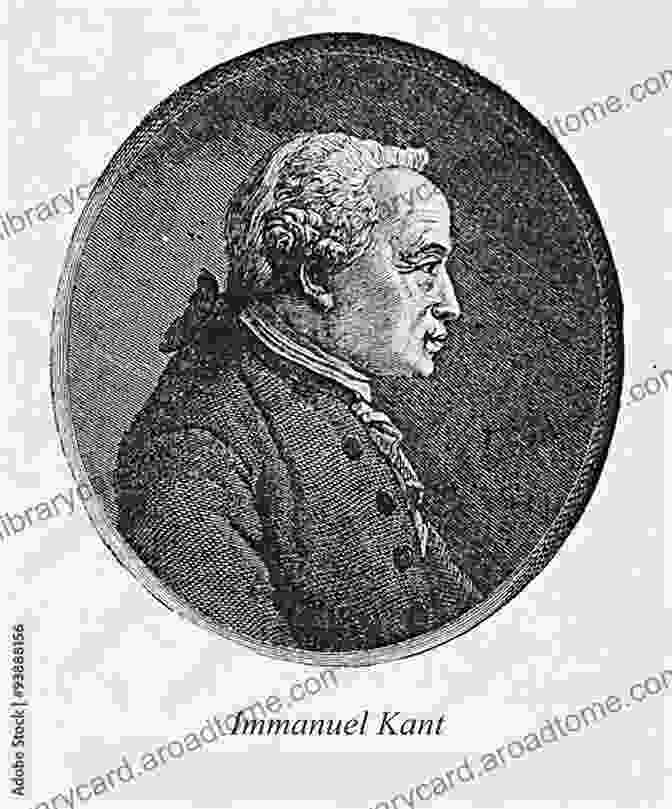
Kant, in his influential Critique of Pure Reason, argued for the existence of a transcendental God as a necessary condition for human morality. He saw reason as the ultimate source of authority, but recognized the limitations of human understanding and the need for faith to supplement reason. Fichte, building on Kant's work, developed a system of subjective idealism, in which the individual self is the absolute reality and the foundation of all being. He argued that the moral Free Download is derived from the rational will of the individual.
Hegel and the Dialectical Progression of Spirit
Hegel, the most influential figure in German Idealism, developed a comprehensive system of philosophy that sought to synthesize the ideas of his predecessors. He proposed that reality is a process of dialectical progression, in which Spirit (Geist) gradually unfolds itself through a series of contradictions and negations. The culmination of this process is the Absolute Spirit, which is the ultimate reality and the source of all being.
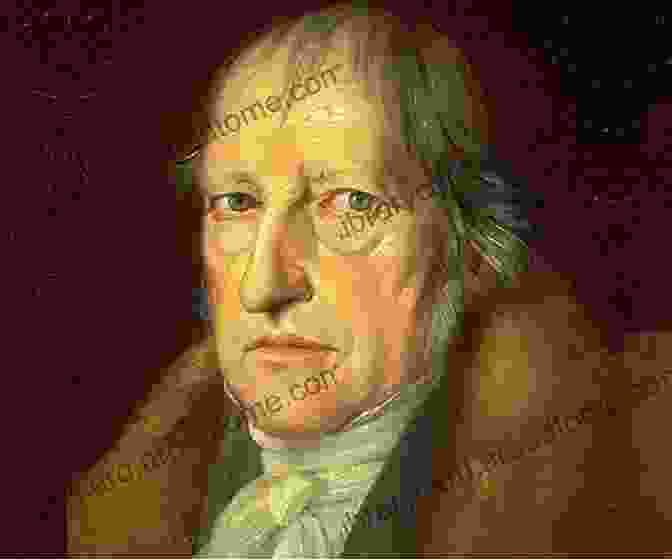
Hegel's philosophy had significant implications for the question of political theology. He argued that the state is the embodiment of the Absolute Spirit on earth and the highest form of human community. The state, in Hegel's view, is not merely a political institution but a manifestation of divine reason. This concept of the state as a divine entity had a profound influence on subsequent political thought, particularly in the development of totalitarian ideologies.
Political Theology and the Critique of German Idealism
The political implications of German Idealism have been the subject of much debate and controversy. Critics have argued that the identification of the state with the Absolute Spirit led to a dangerous glorification of the state and a suppression of individual freedom. Karl Marx, in his critique of Hegel's philosophy, argued that the state is not a rational entity but rather a tool of class oppression.
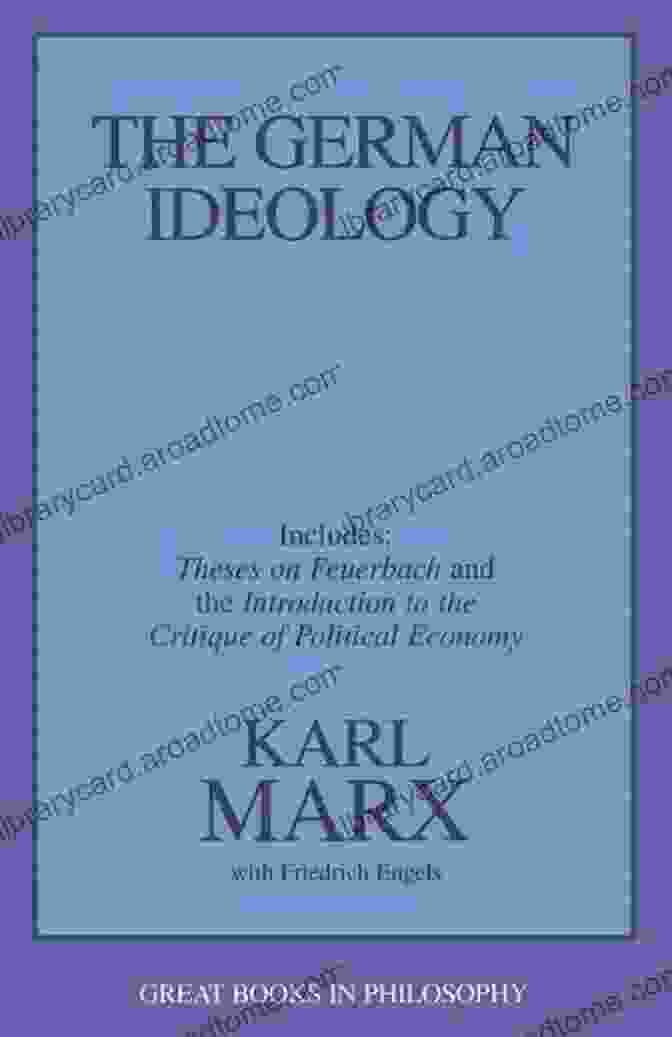
Other critics, such as the Frankfurt School theorists, argued that German Idealism contributed to the rise of authoritarianism and fascism. They saw in Hegel's philosophy a tendency to suppress difference and individuality in the name of a higher unity.
German Idealism remains a complex and multifaceted philosophical movement that has left an enduring legacy on Western thought. Its exploration of the relationship between philosophy, religion, and politics has had a profound impact on our understanding of these spheres and their interaction. While the political implications of German Idealism have been the subject of much debate, its insights into the nature of reality, knowledge, and the human condition continue to be a source of inspiration and inquiry for philosophers and scholars alike.
5 out of 5
| Language | : | English |
| File size | : | 3908 KB |
| Text-to-Speech | : | Enabled |
| Enhanced typesetting | : | Enabled |
| Word Wise | : | Enabled |
| Print length | : | 278 pages |
| Screen Reader | : | Supported |
Do you want to contribute by writing guest posts on this blog?
Please contact us and send us a resume of previous articles that you have written.
 Book
Book Novel
Novel Page
Page Chapter
Chapter Text
Text Story
Story Genre
Genre Reader
Reader Library
Library Paperback
Paperback E-book
E-book Magazine
Magazine Newspaper
Newspaper Paragraph
Paragraph Sentence
Sentence Bookmark
Bookmark Shelf
Shelf Glossary
Glossary Bibliography
Bibliography Foreword
Foreword Preface
Preface Synopsis
Synopsis Annotation
Annotation Footnote
Footnote Manuscript
Manuscript Scroll
Scroll Codex
Codex Tome
Tome Bestseller
Bestseller Classics
Classics Library card
Library card Narrative
Narrative Biography
Biography Autobiography
Autobiography Memoir
Memoir Reference
Reference Encyclopedia
Encyclopedia Allan Kardec
Allan Kardec Aleister Crowley
Aleister Crowley Jean Adolphe Rondal
Jean Adolphe Rondal Shaoying Liu
Shaoying Liu Roy Vongtama
Roy Vongtama Alexandra Claire
Alexandra Claire Alison J Clarke
Alison J Clarke James Hoggan
James Hoggan Marina Andreas
Marina Andreas Alphonse Chapanis
Alphonse Chapanis Alex Agricola
Alex Agricola Chris Ferrie
Chris Ferrie Alastair Mcintosh
Alastair Mcintosh Chip Ingram
Chip Ingram Alex Hapgood
Alex Hapgood Jeremiah Ebenezer
Jeremiah Ebenezer Tara Rodden Robinson
Tara Rodden Robinson Allan V Horwitz
Allan V Horwitz Amanda Lamb
Amanda Lamb Kambri Crews
Kambri Crews
Light bulbAdvertise smarter! Our strategic ad space ensures maximum exposure. Reserve your spot today!
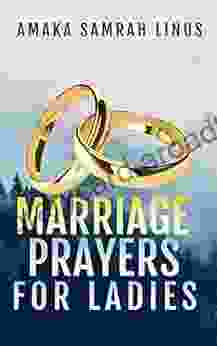
 Harry HayesUnlocking the Doors of Matrimony: Essential Prayers for Single Women Seeking...
Harry HayesUnlocking the Doors of Matrimony: Essential Prayers for Single Women Seeking... Matt ReedFollow ·14.5k
Matt ReedFollow ·14.5k Reed MitchellFollow ·12.8k
Reed MitchellFollow ·12.8k Francisco CoxFollow ·7.4k
Francisco CoxFollow ·7.4k Jerome PowellFollow ·3k
Jerome PowellFollow ·3k David PetersonFollow ·15.1k
David PetersonFollow ·15.1k Ray BlairFollow ·8.5k
Ray BlairFollow ·8.5k Corey GreenFollow ·5.8k
Corey GreenFollow ·5.8k Thomas HardyFollow ·13.7k
Thomas HardyFollow ·13.7k
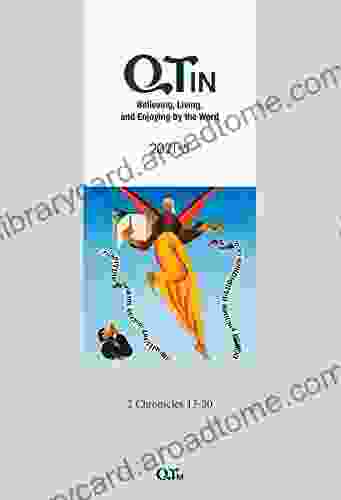
 Joshua Reed
Joshua ReedBelieving, Living, and Enjoying by the Word: Unlock the...
In a world filled with...
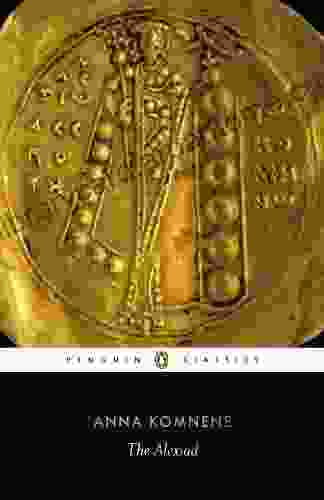
 Cason Cox
Cason CoxUnveil the Extraordinary World of "The Alexiad": A...
Delve into the Heart of Byzantine...

 Junot Díaz
Junot DíazUnveiling the Intricacies of Intellectual Property: Your...
In today's knowledge-driven economy,...
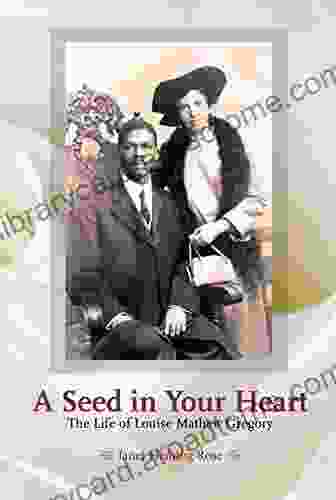
 Aleksandr Pushkin
Aleksandr PushkinThe Life of Louise Mathew Gregory: A Tapestry of Triumphs...
A Woman of Extraordinary Substance Louise...

 Leon Foster
Leon FosterHomemade Lotion For Beginners: Transform Your Skincare...
Step into the world of...

 Terence Nelson
Terence NelsonUnveiling the Secrets of Radio, Television, and Film: An...
: Embarking on a Journey into the...
5 out of 5
| Language | : | English |
| File size | : | 3908 KB |
| Text-to-Speech | : | Enabled |
| Enhanced typesetting | : | Enabled |
| Word Wise | : | Enabled |
| Print length | : | 278 pages |
| Screen Reader | : | Supported |


